Top 8 Benefits of Swimming
Advertisement
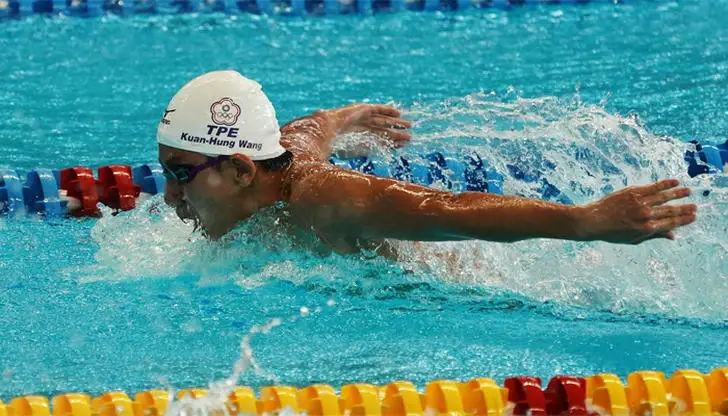
Recently, a British study found that swimming is like a "massage" of the blood vessels, which can help reduce the risk of cardiovascular disease. In many sports, swimming can be said to be suitable for all ages. Because the water has buoyancy, it can not only exercise the muscles of the whole body, but also greatly reduce the pressure on the joints.
Swimming ranks fourth among the most popular activities in the United States. An hour of swimming burns almost as many calories as running without any impact on your bones and joints.
Benefits
1. It can enhance myocardial function
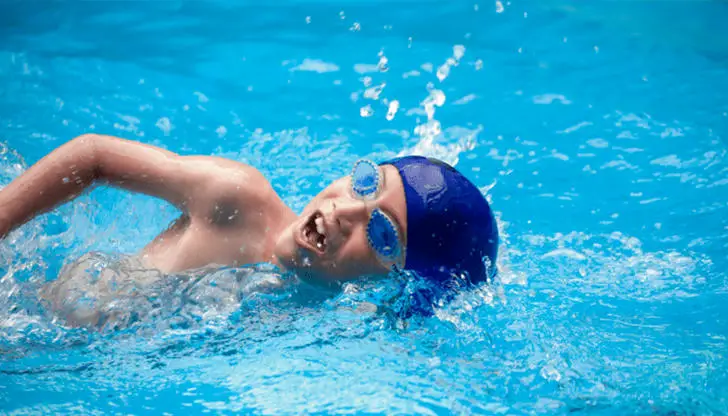
When people exercise in water, all organs are involved in it, which consumes more energy and accelerates blood circulation to supply more nutrients to the moving organs. The increased blood velocity will increase the load on the heart, making it beat faster. Long-term swimming will obviously increase the cardiac motility and increase the thickness of the blood vessel wall. Therefore, swimming can exercise a strong heart.
2. It can increase resistance
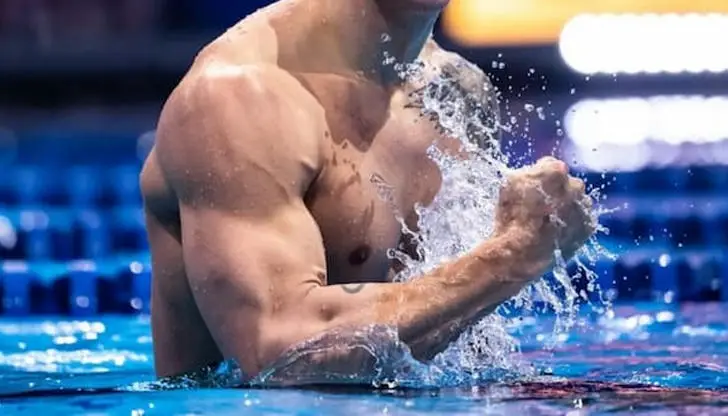
The water temperature of the swimming pool is usually 26 degrees to 28 degrees. Soaking in the water quickly dissipates heat and consumes a lot of energy. In order to supplement the heat emitted by the body as soon as possible to meet the needs of the balance of cold and heat, the nervous system responds quickly, which speeds up the body's metabolism, enhances the body's ability to adapt to the outside world, and resists cold.
3. It may help burn fat and lose weight
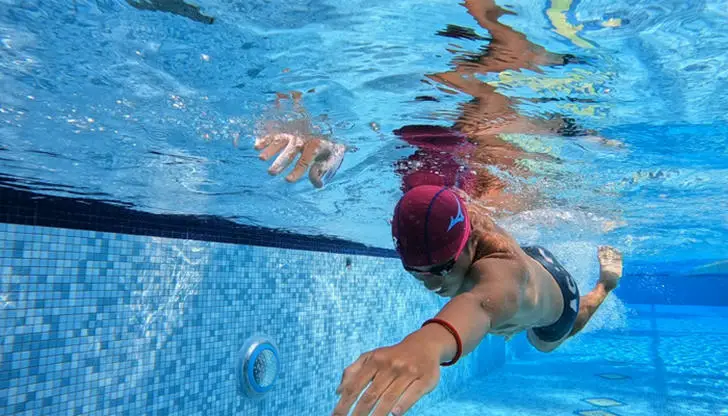
When swimming, the body is directly immersed in the water, the water not only has a large resistance, but also has a very good thermal conductivity. And the heat dissipation speed is fast, so it consumes a lot of heat. Experiments have shown that the calories consumed by a person swimming in a standard swimming pool for 20 minutes are equivalent to 1 hour on land at the same speed. It can be seen that exercising in water will make many people who want to lose weight achieves twice the result with half the effort. Therefore, swimming is one of the most effective exercises to keep in shape.
4. It can improve body flexibility
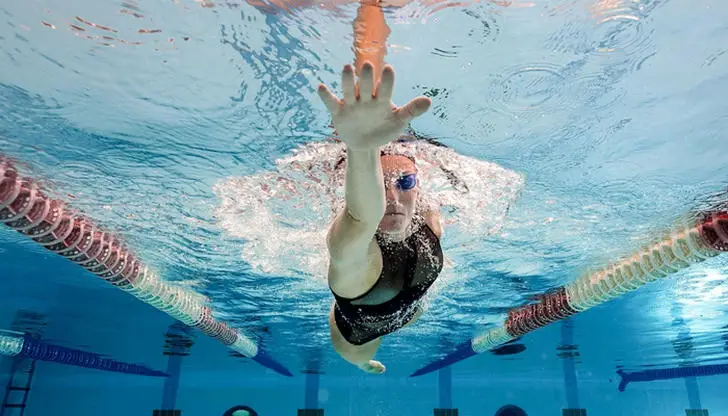
Exercising in water reduces the impact of the ground on the bones, and makes the bones and joints less prone to deformation. The resistance of water can increase the exercise intensity of people, but this intensity is different from the equipment training on land. The muscles of the body can make the lines of the whole body smooth and beautiful.
5. It may help relieve stress and depression
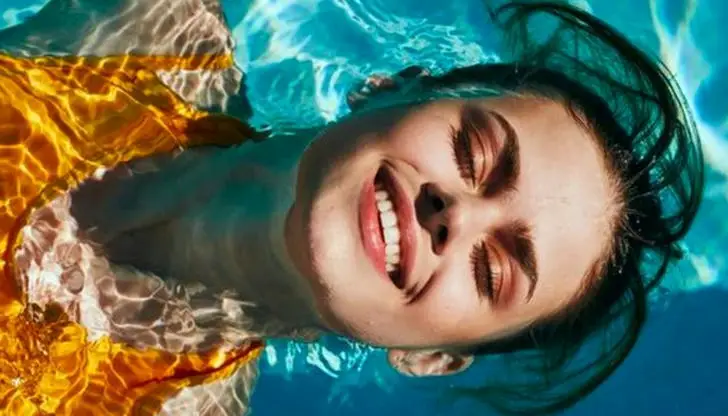
Swimming can effectively stimulate the secretion of endorphins, helping people relieve the daily stress of work and life. At the same time, swimming can also calm people down, remove external distractions, and make people become more focused, which naturally reduces people's levels of tension and depression. And related research has confirmed that swimming can also help restore brain function damaged by stress through a process called hippocampus nerve regeneration.
6. It can improve skin texture
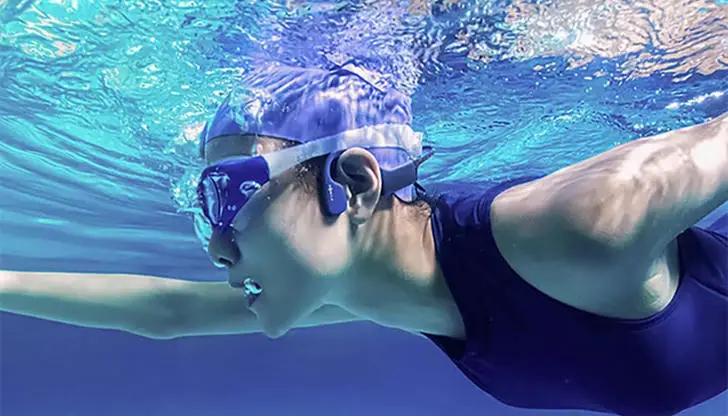
When people are swimming, the water washes the skin, which plays a good massage effect, promotes blood circulation, and makes the skin smooth and elastic. In addition, when exercising in the water, the irritation of the skin by the salt in the sweat is greatly reduced.
7. It can relieve exercise-induced asthma
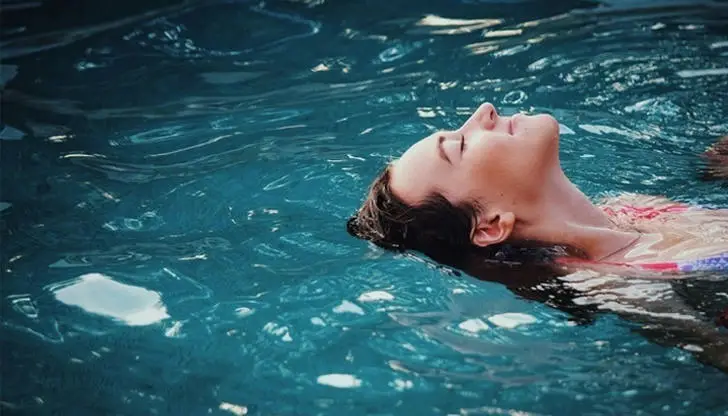
Compared with exercising in a gym with dry air or exercising outdoors with pollen, people can breathe moist air and improve respiratory function when swimming. Research has confirmed that swimming not only relieves symptoms of asthma, it also radically improves lung health.
8. It can prolong life
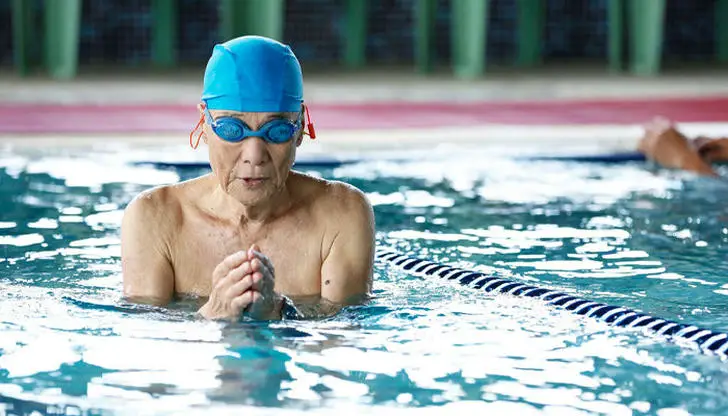
Exercise improves health and prolongs life, but research further confirms that swimming does the best of both. USC researchers followed 40,547 men aged 20-90 for 32 years and found that men who swam had lower mortality rates than men who ran, walked or exercised infrequently. It can be seen that if you want to live a long life, swimming is definitely a good recipe!
Preparation
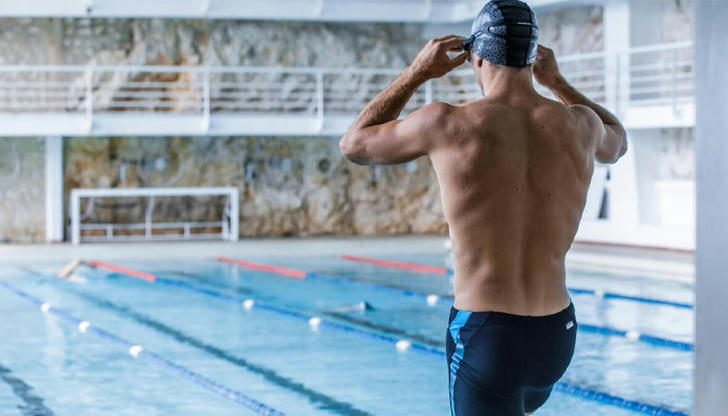
-Warm up
You should warm up for 10 to 15 minutes, move your joints and muscles in various parts, and prevent cramps from being too cold in the water.
-Prepare equipment before swimming
Fitted swimming suits: If the suit is too large, it can easily cause water pockets or even slip off when swimming, which is really embarrassing. Don't buy swimsuits of poor quality, as the discomfort of wearing them will directly affect the whole swimming activity.
A proper swimming cap: It should be made of nylon or rubber with elastic, not too large, otherwise it will fall off easily.
Swimming goggles: Wearing swimming goggles can see the situation under the water more clearly when diving, which is beneficial and harmless.
Earplugs: Water in the ear is uncomfortable and can sometimes cause pain and affect hearing. To prevent water from entering the ear, earplugs should be provided.
Floating objects: Beginner swimmers should bring some floating objects, such as lifebuoys, buoys, water boards, etc.
Bath Towels and Slippers: Bath towels and slippers are a must for swimmers. In winter swimming, it is even more indispensable.
Nose clip: In order to prevent water from entering the nostrils, it is best to prepare a nose clip.
Swimming safety
Don't go swimming on an empty stomach: Swimming itself is a physical exercise that loses body heat quickly and consumes a lot of energy. If you go into the water without eating, it is easy to cause hunger, and may even lead to hypoglycemia, some adverse reactions, etc., and even accidents such as drowning.
If water gets into the nose, do not pinch the nose and blow it hard, as this will easily squeeze the water from the nasopharyngeal cavity into the middle ear through the Eustachian tube, resulting in otitis media.
Swimming on an empty stomach affects appetite and digestive function. It will also cause excessive consumption and low blood sugar, resulting in unexpected situations such as dizziness and fatigue, and even drowning in severe cases.
Swimming with a full stomach also affects digestion and may cause stomach cramps, vomiting, and abdominal pain.
After drinking, the central nervous system of the human body is paralyzed, and the systolic function of the heart is reduced. At this time, swimming will cause symptoms such as nausea, dizziness, and vomiting.



